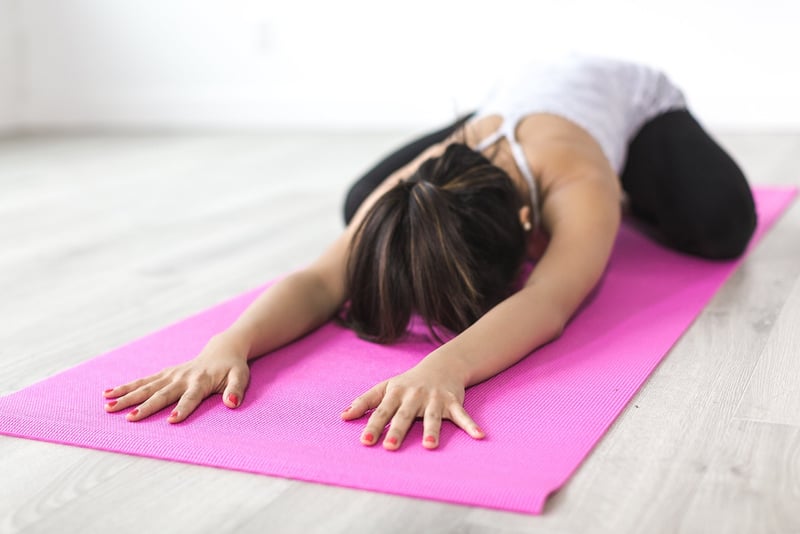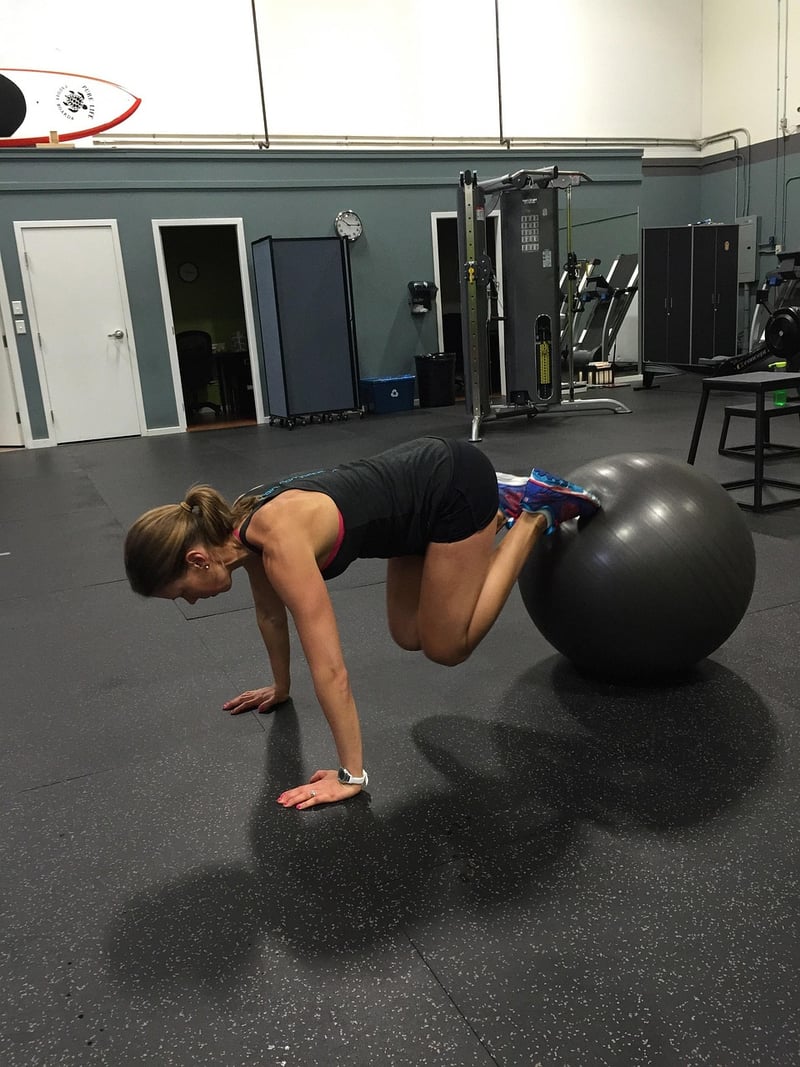Core Stability
Unite Physical and Mental Well-being with Core Stability

Physical and mental well-being are closely intertwined, and one effective way to unite the two is through core stability exercises. Core stability not only strengthens your body but also has numerous mental health benefits, making it a holistic approach to overall wellness.
The Importance of Core Stability
Your core muscles are crucial for supporting your spine, maintaining proper posture, and executing movements with efficiency and strength. By focusing on core stability, you can improve your balance, coordination, and overall physical performance.
Mental Health Benefits
Engaging in core stability exercises can have a positive impact on your mental well-being. The concentration and focus required during these exercises help clear your mind of distractions and promote a sense of mindfulness. Additionally, the sense of accomplishment and empowerment that comes from improving your core strength can boost your confidence and self-esteem.
How to Incorporate Core Stability into Your Routine
- Planks: Hold a plank position for 30 seconds to 1 minute, focusing on engaging your core muscles.
- Dead Bug: Lie on your back, extend your arms and legs in the air, and lower opposite arm and leg while maintaining core stability.
- Bridge Pose: Lie on your back with knees bent, lift your hips off the ground, and engage your core to hold the position.
By incorporating these exercises into your regular workout routine, you can experience the physical and mental benefits of improved core stability.
Conclusion
Core stability is not just about building physical strength; it's about uniting your body and mind in a harmonious way. By focusing on strengthening your core muscles, you can enhance your overall well-being and experience the interconnectedness of physical and mental health.
Take the first step towards a healthier and more balanced life by prioritizing core stability in your fitness journey.

